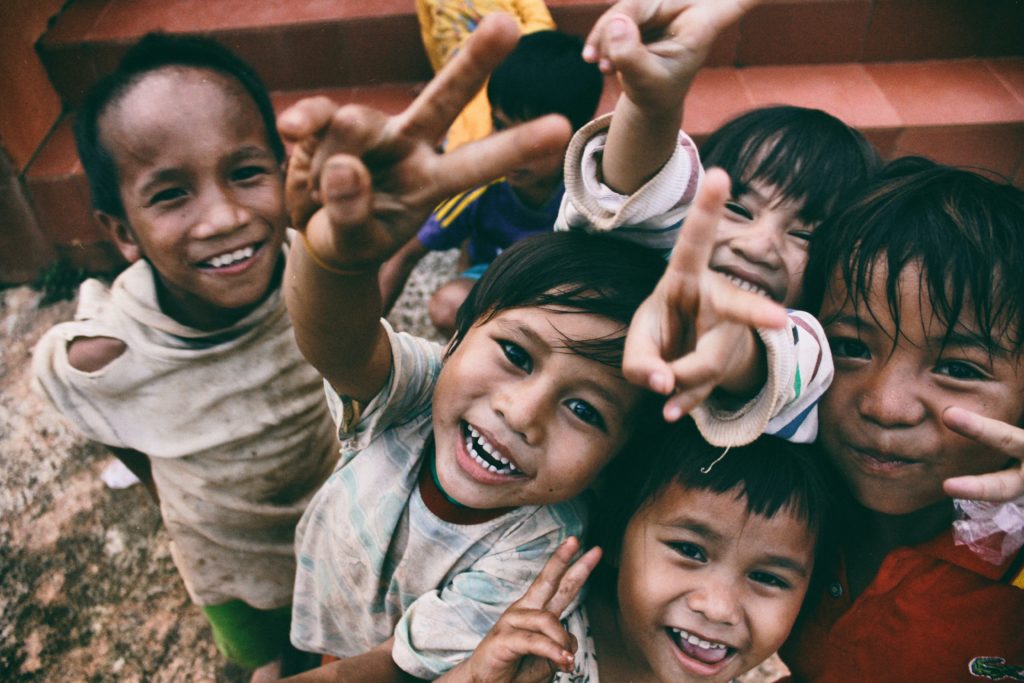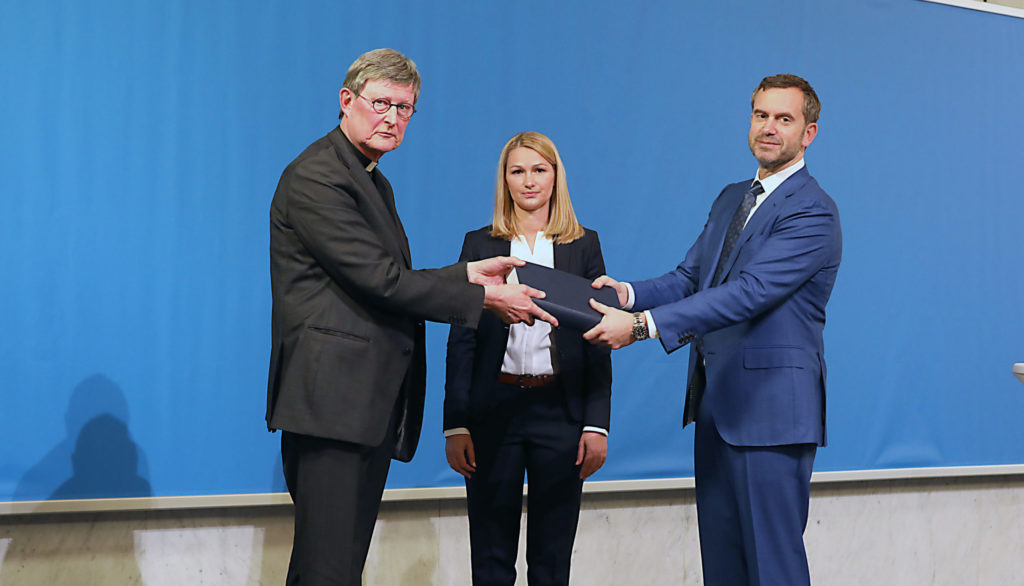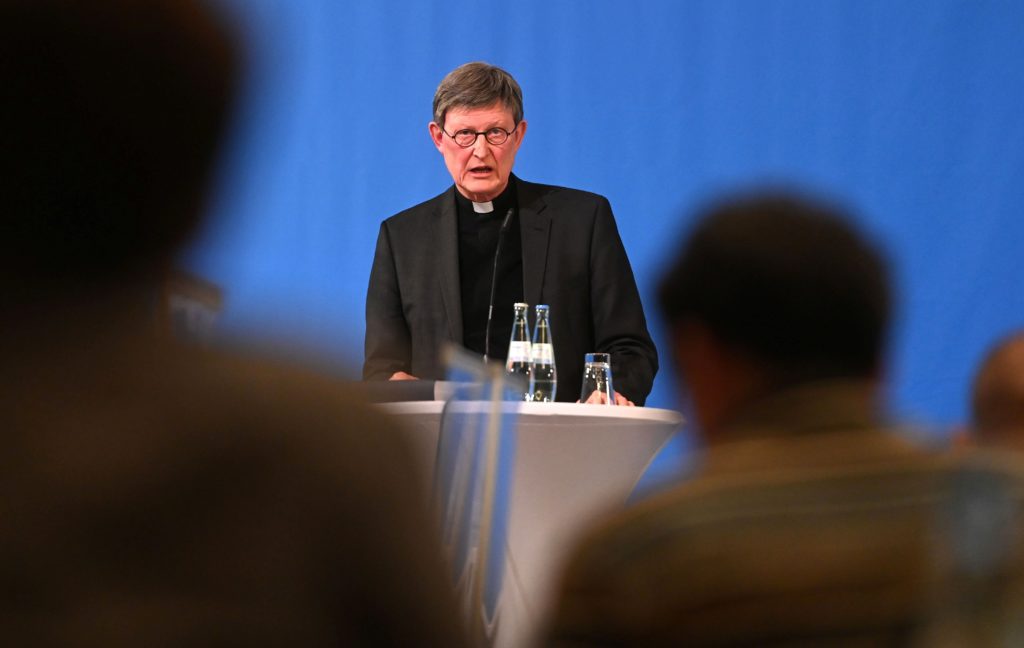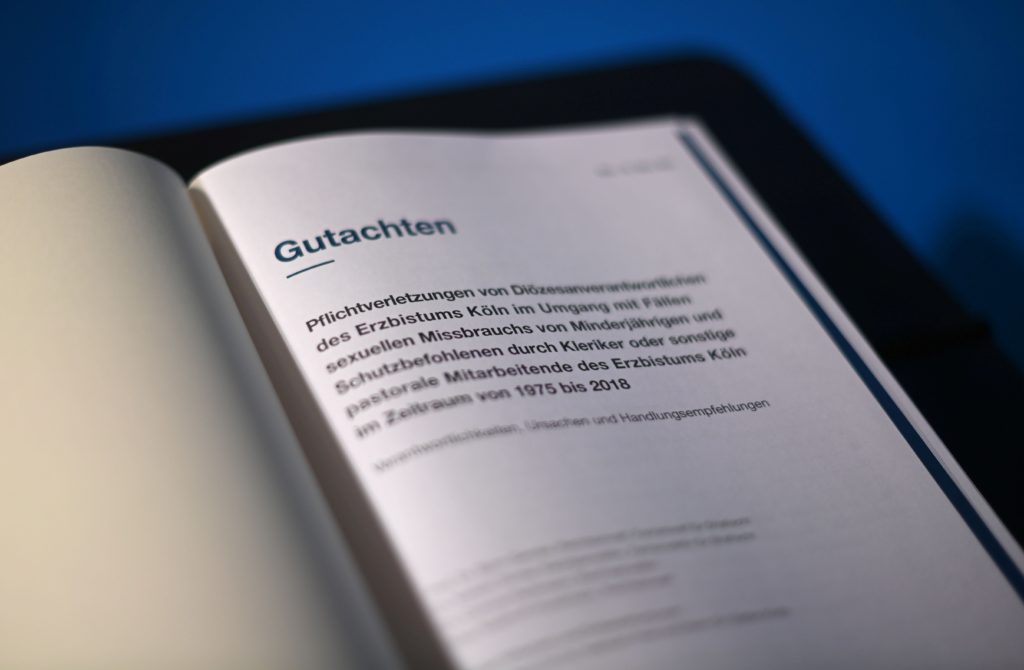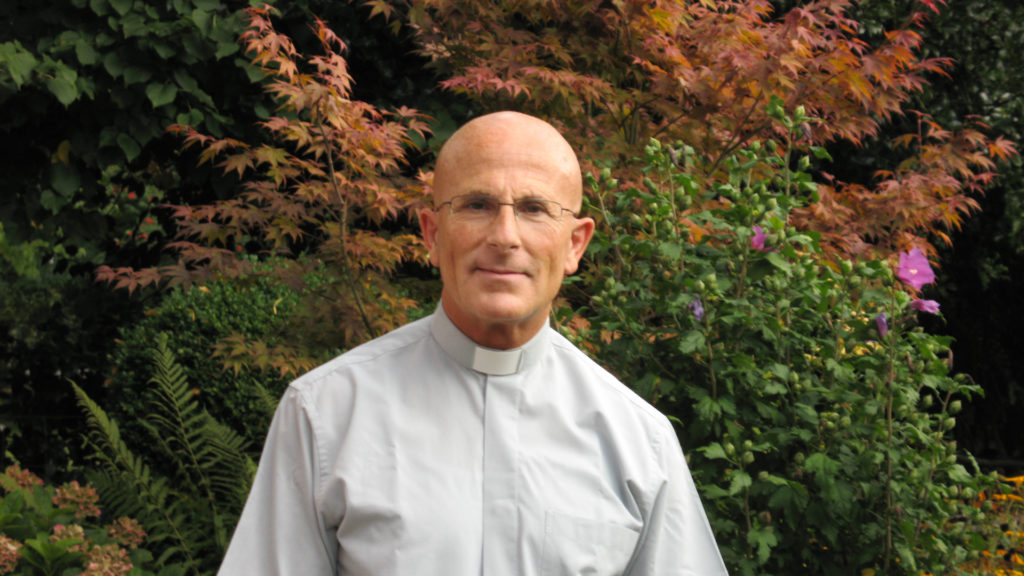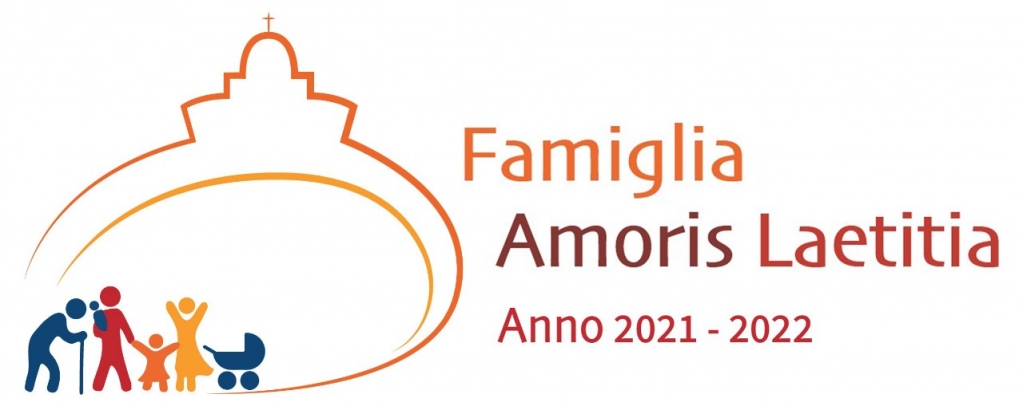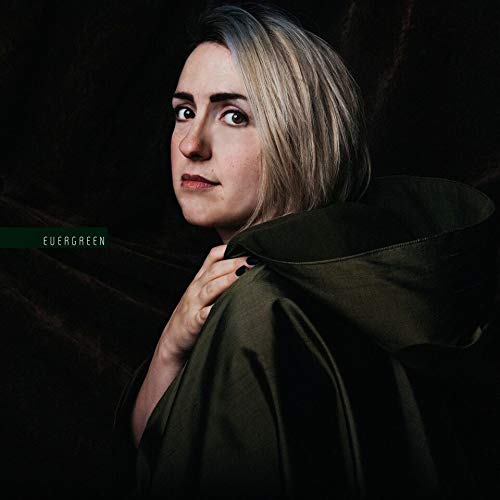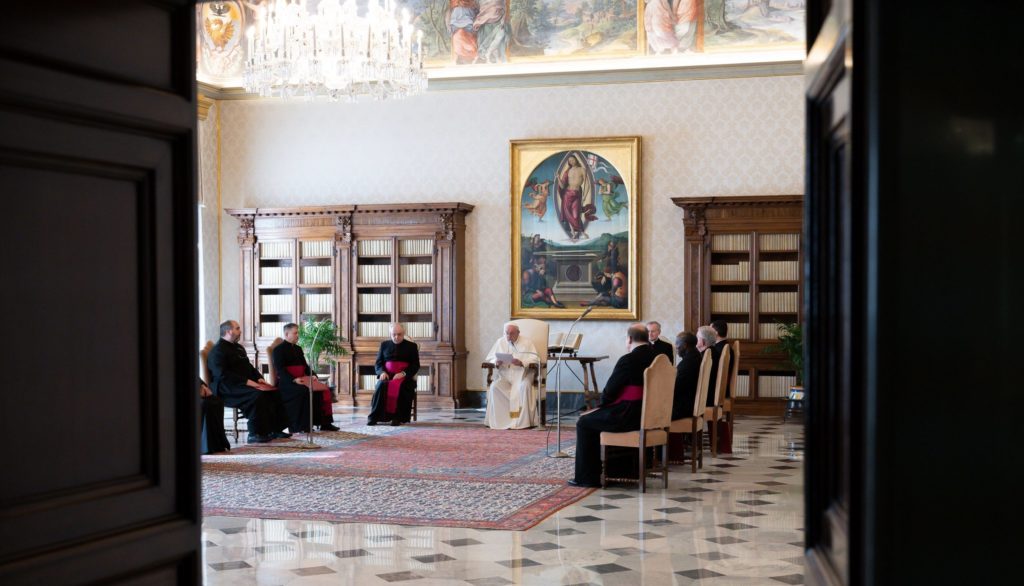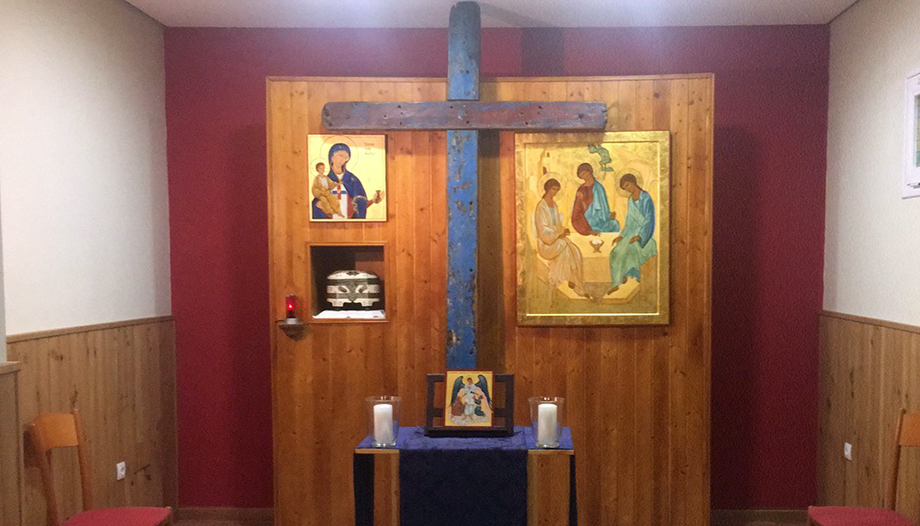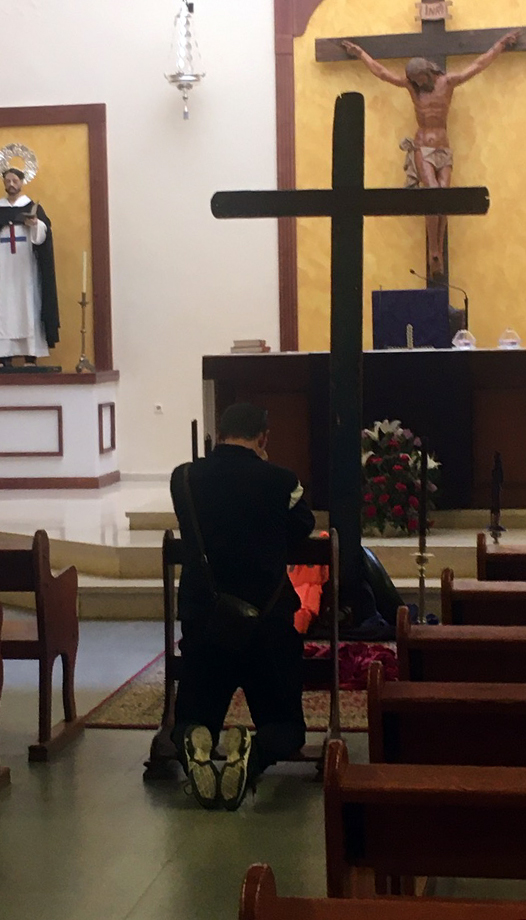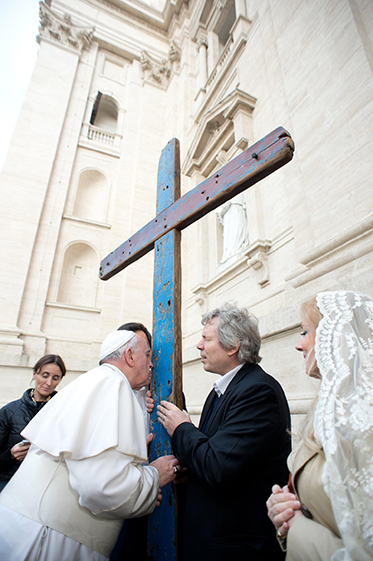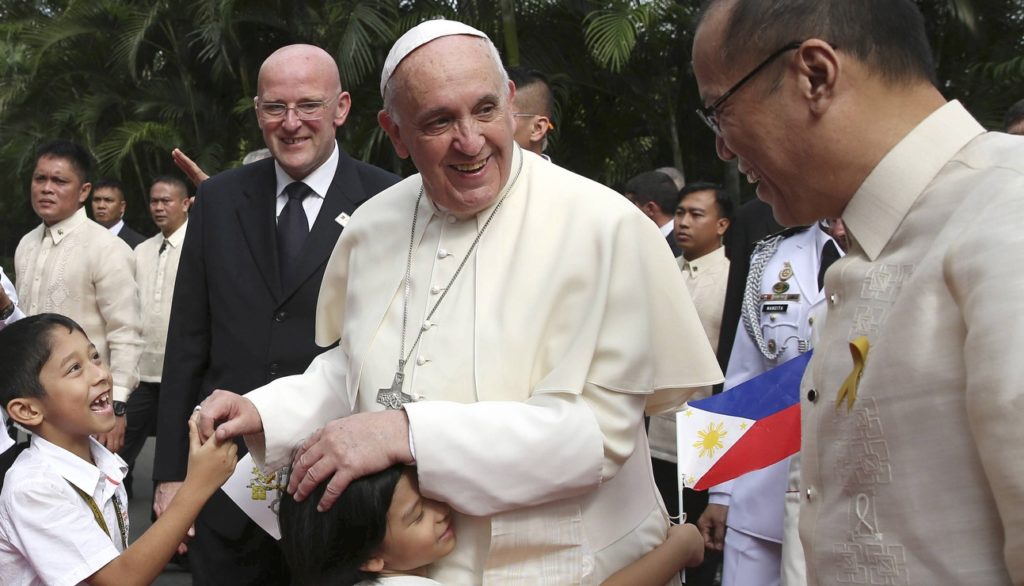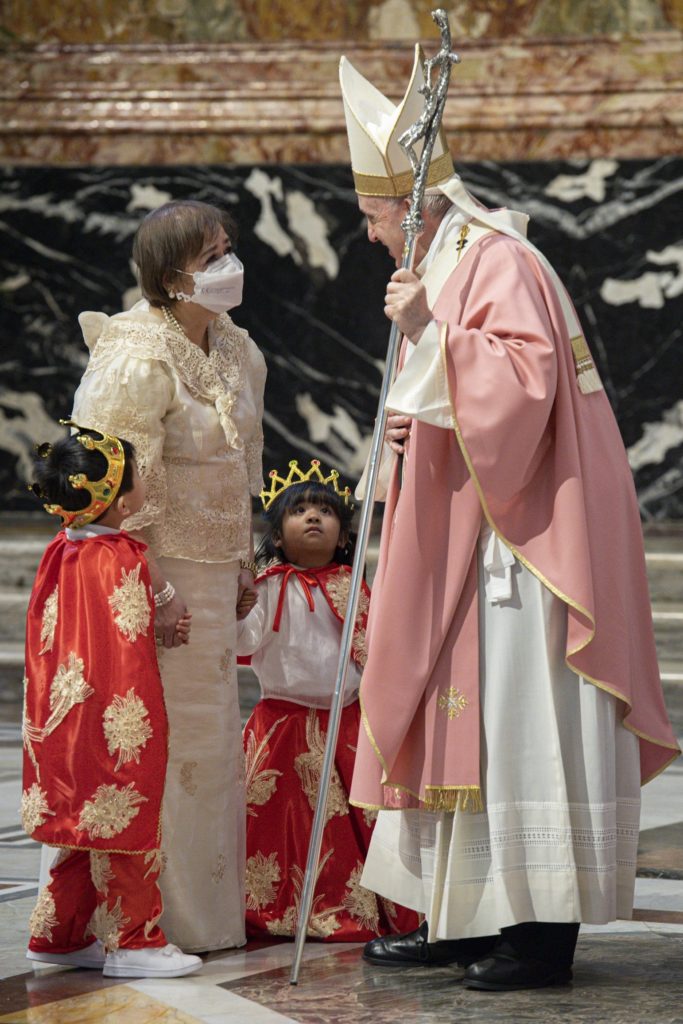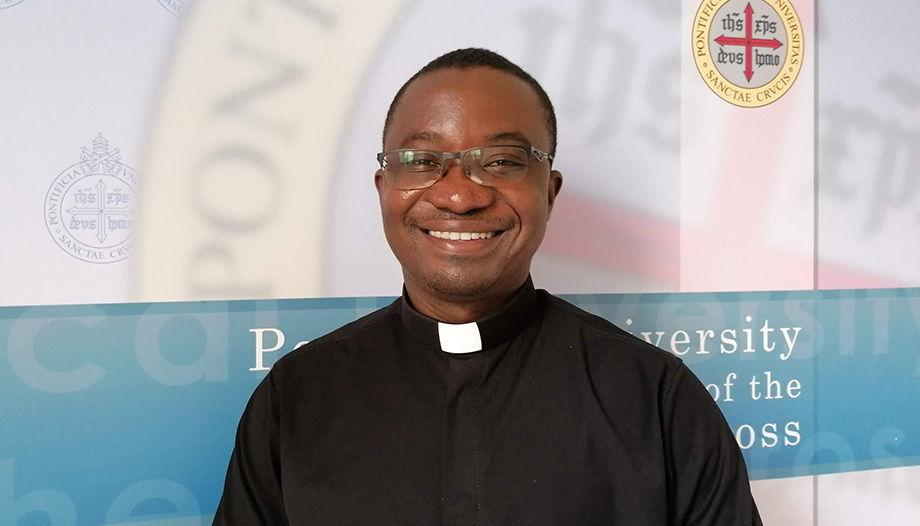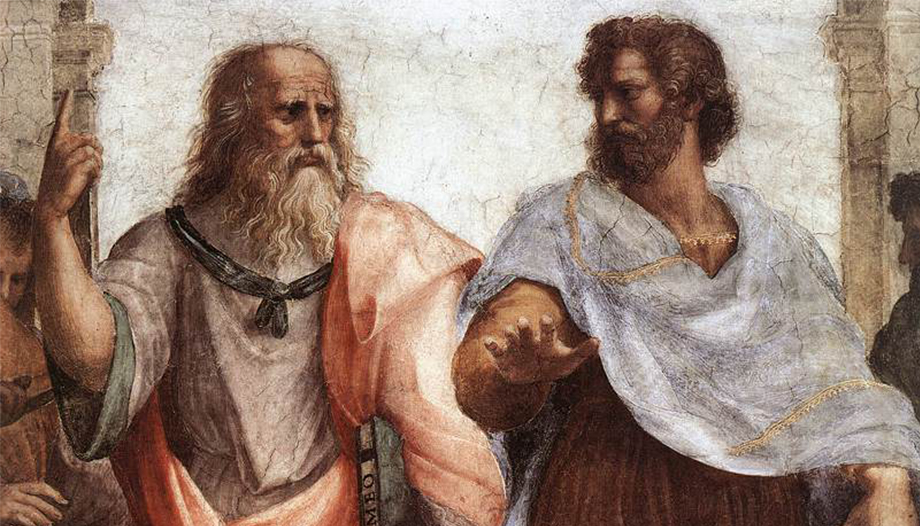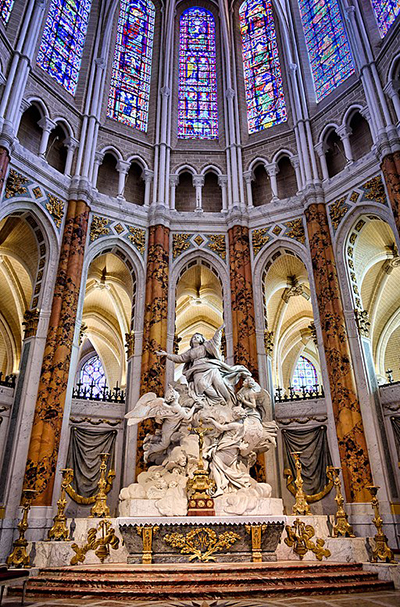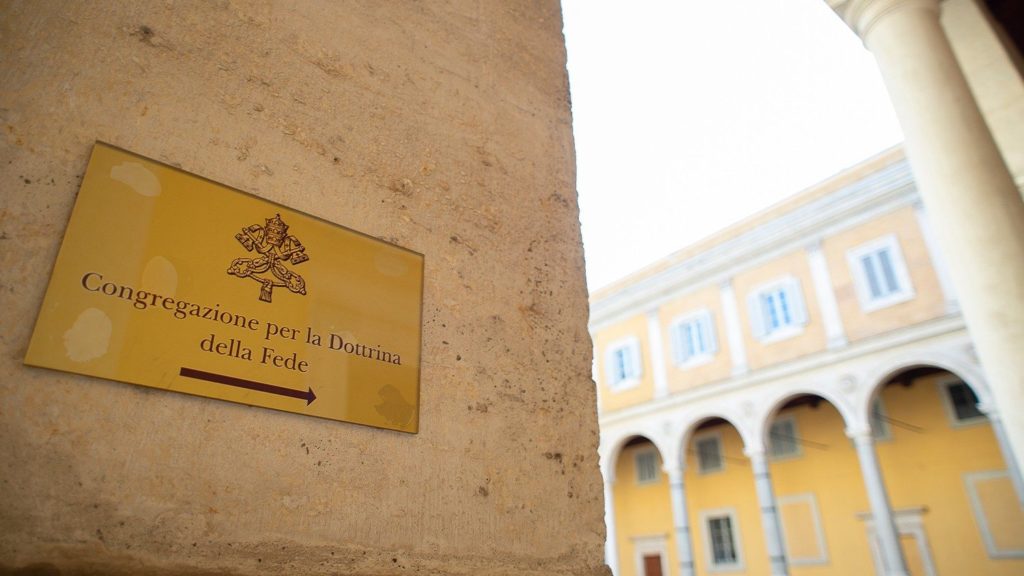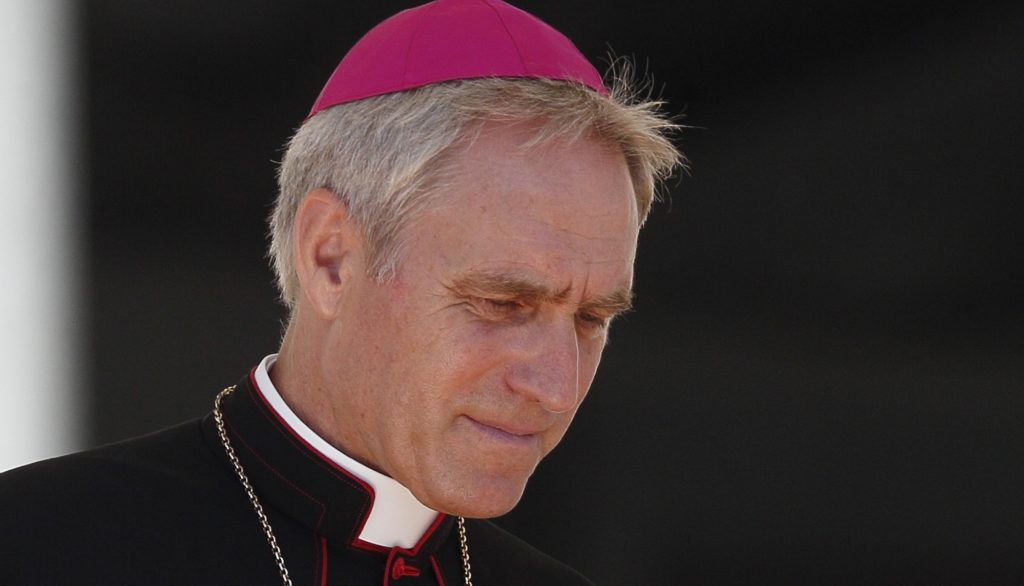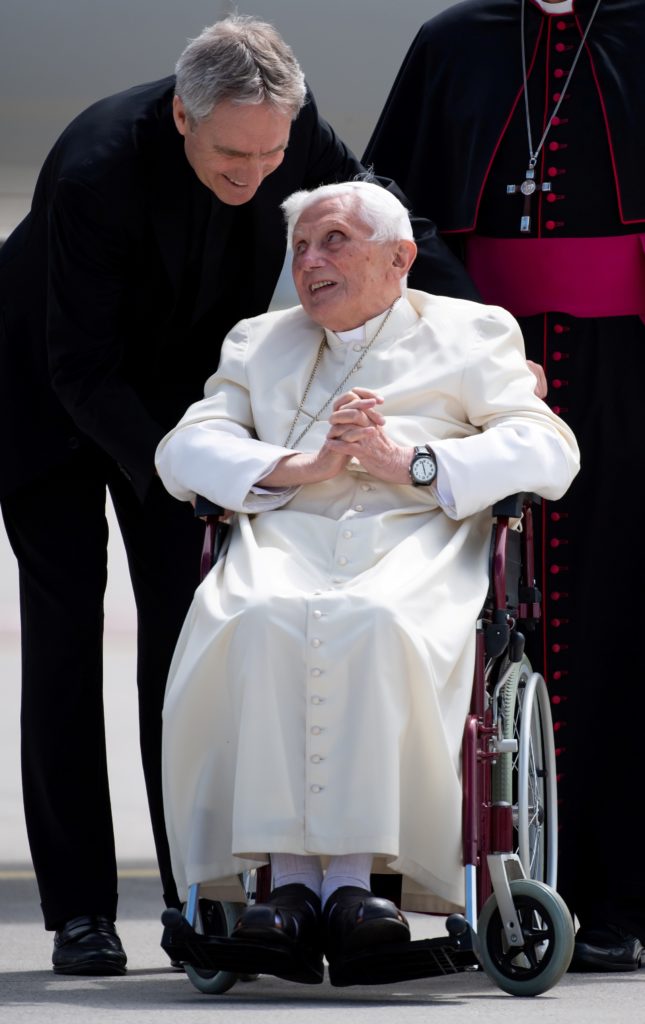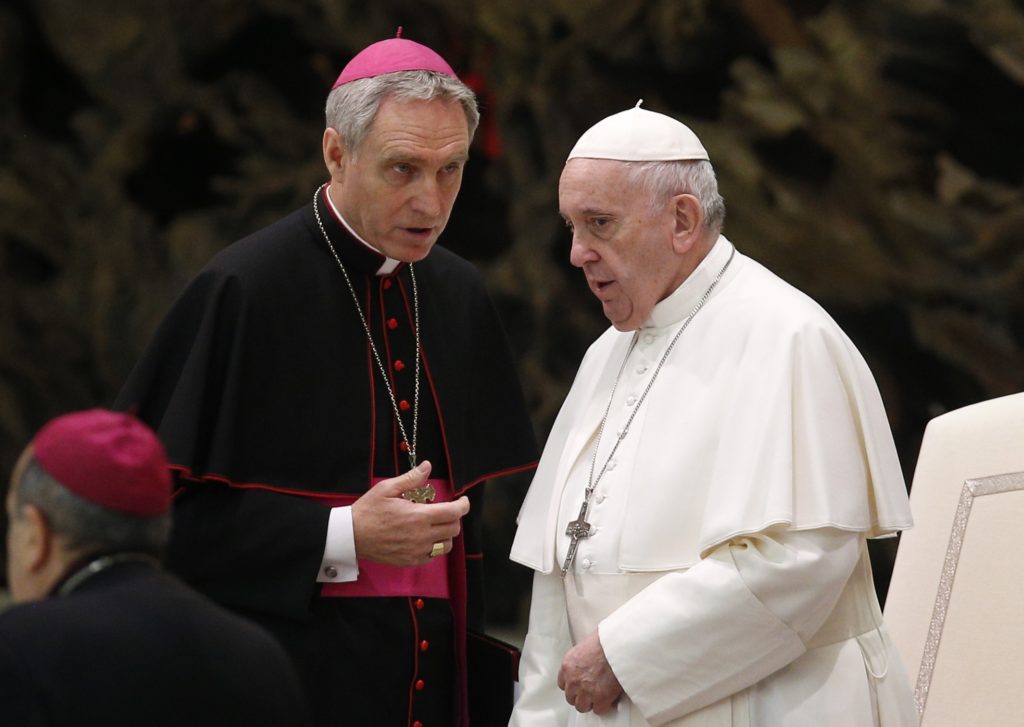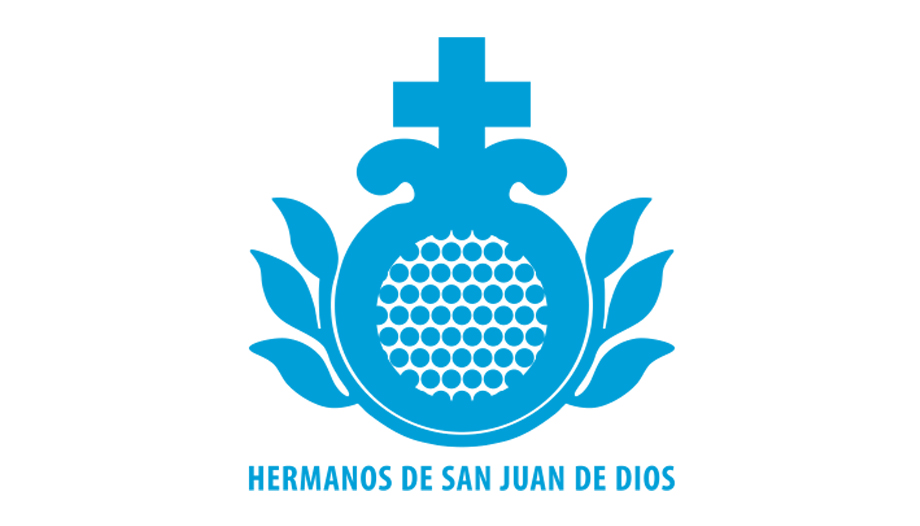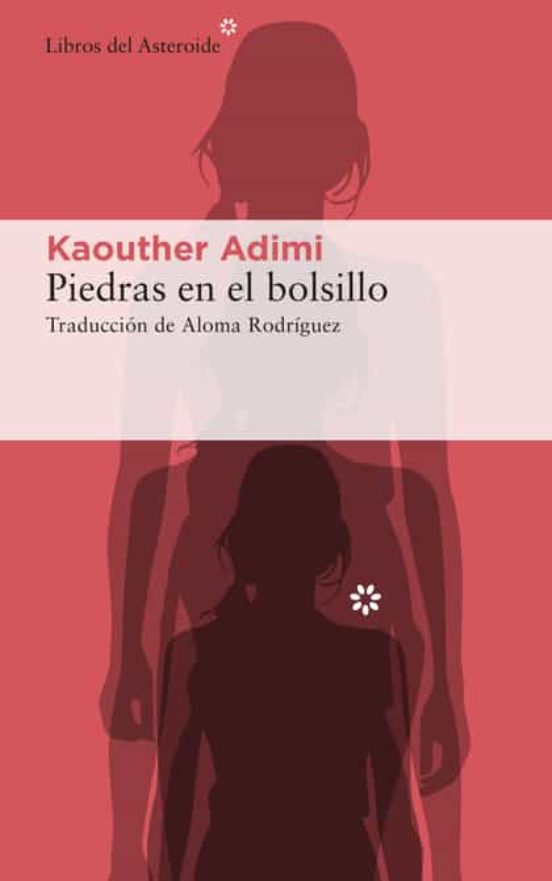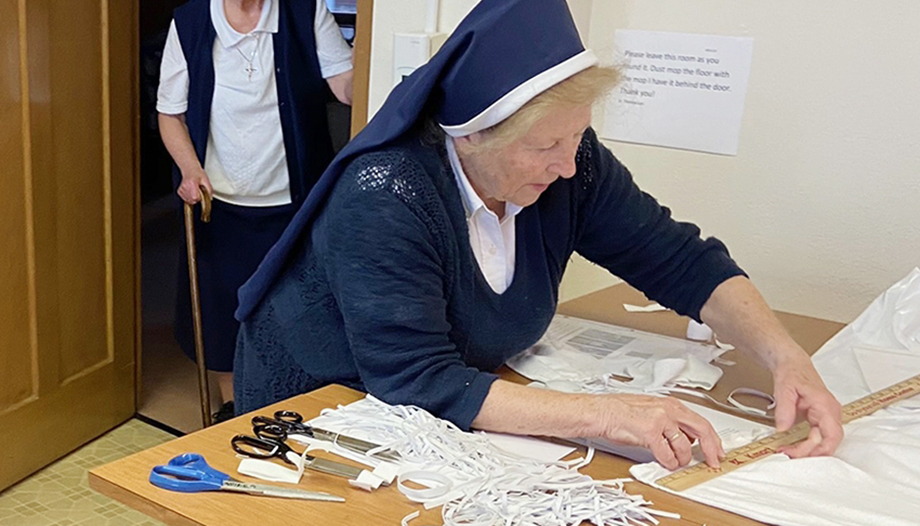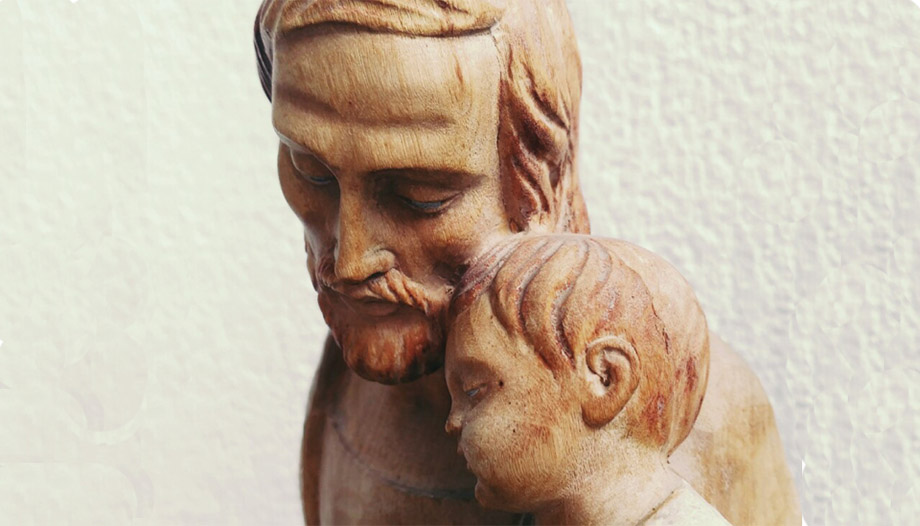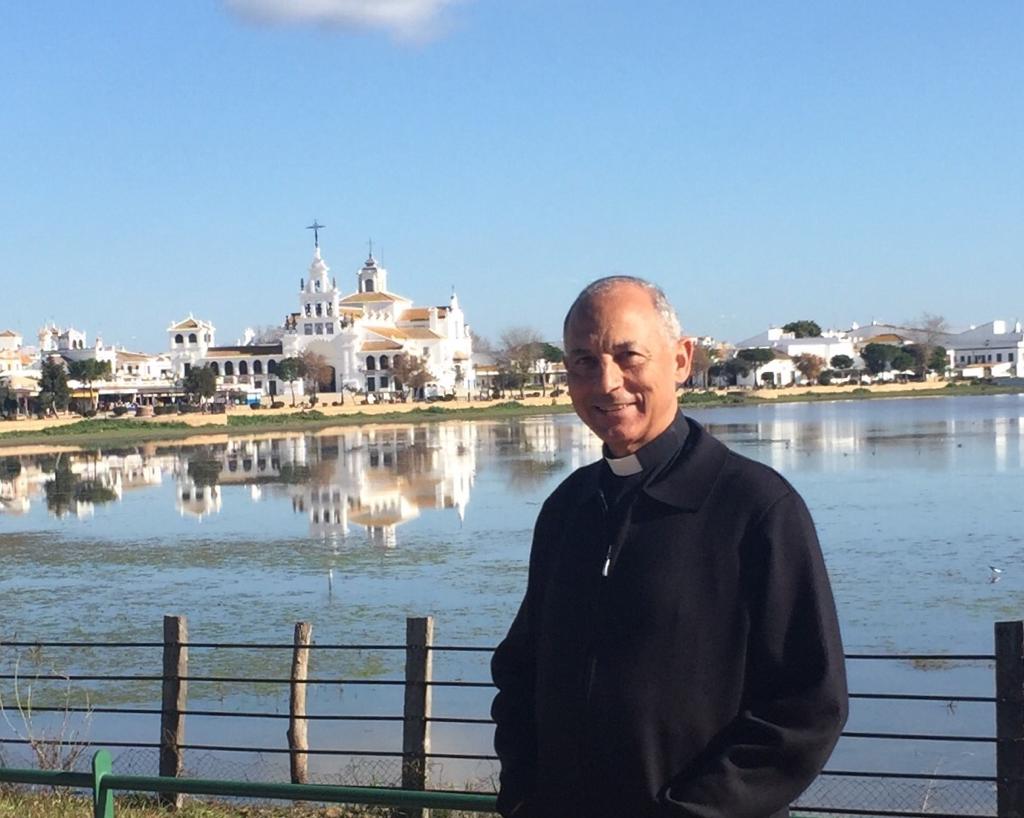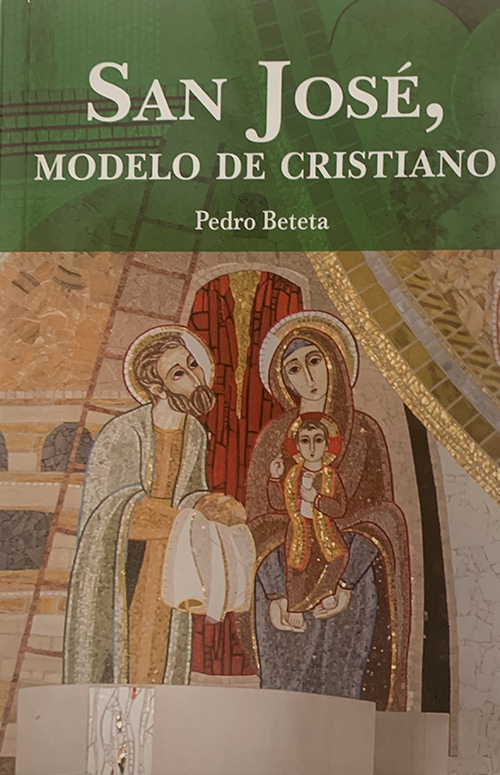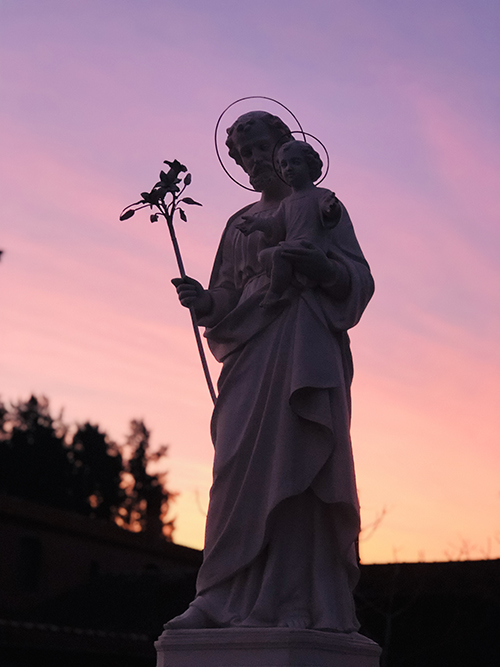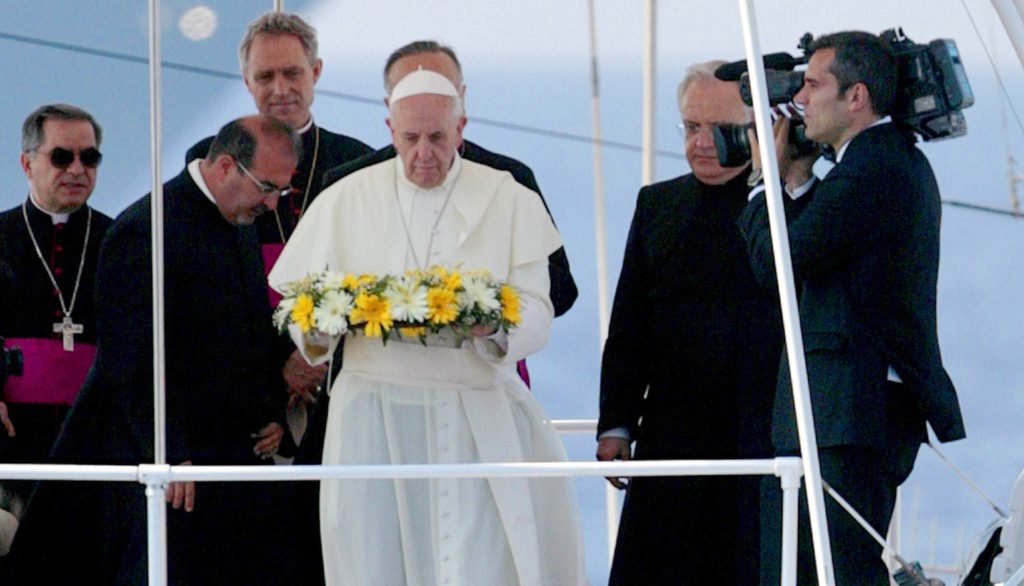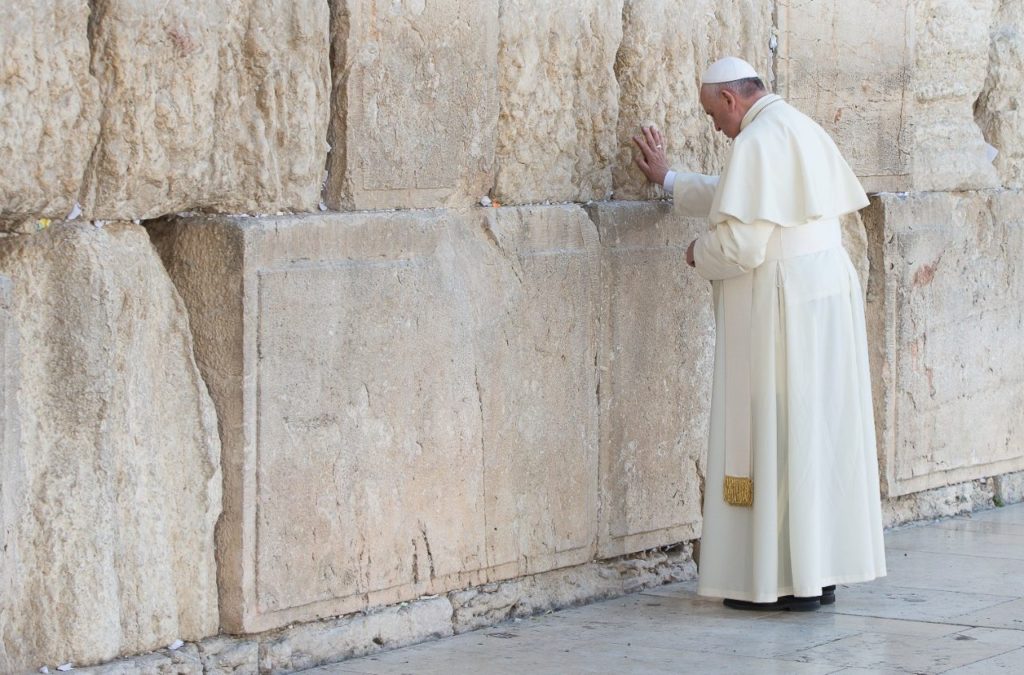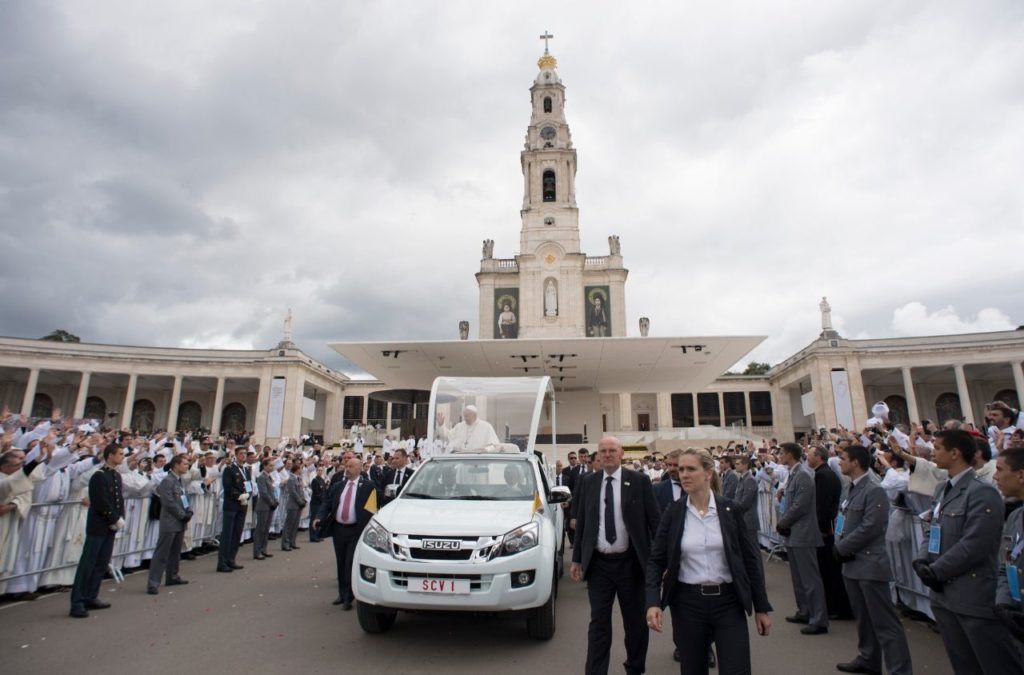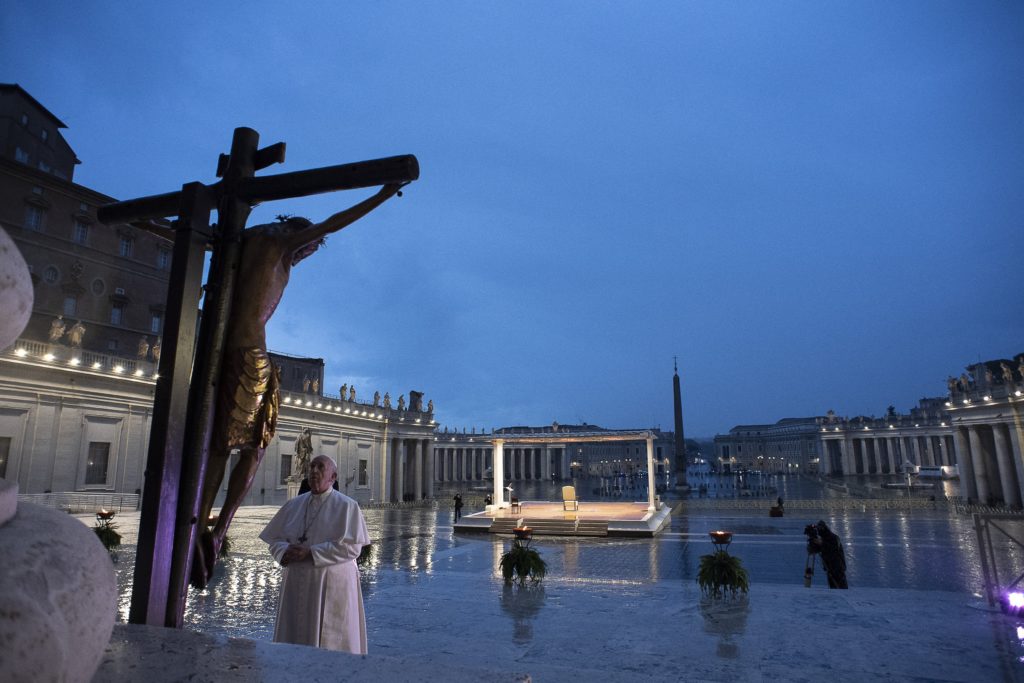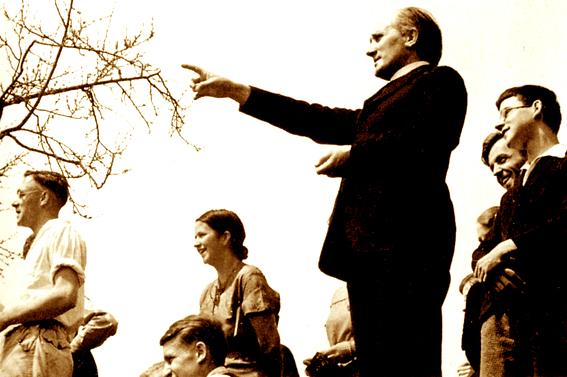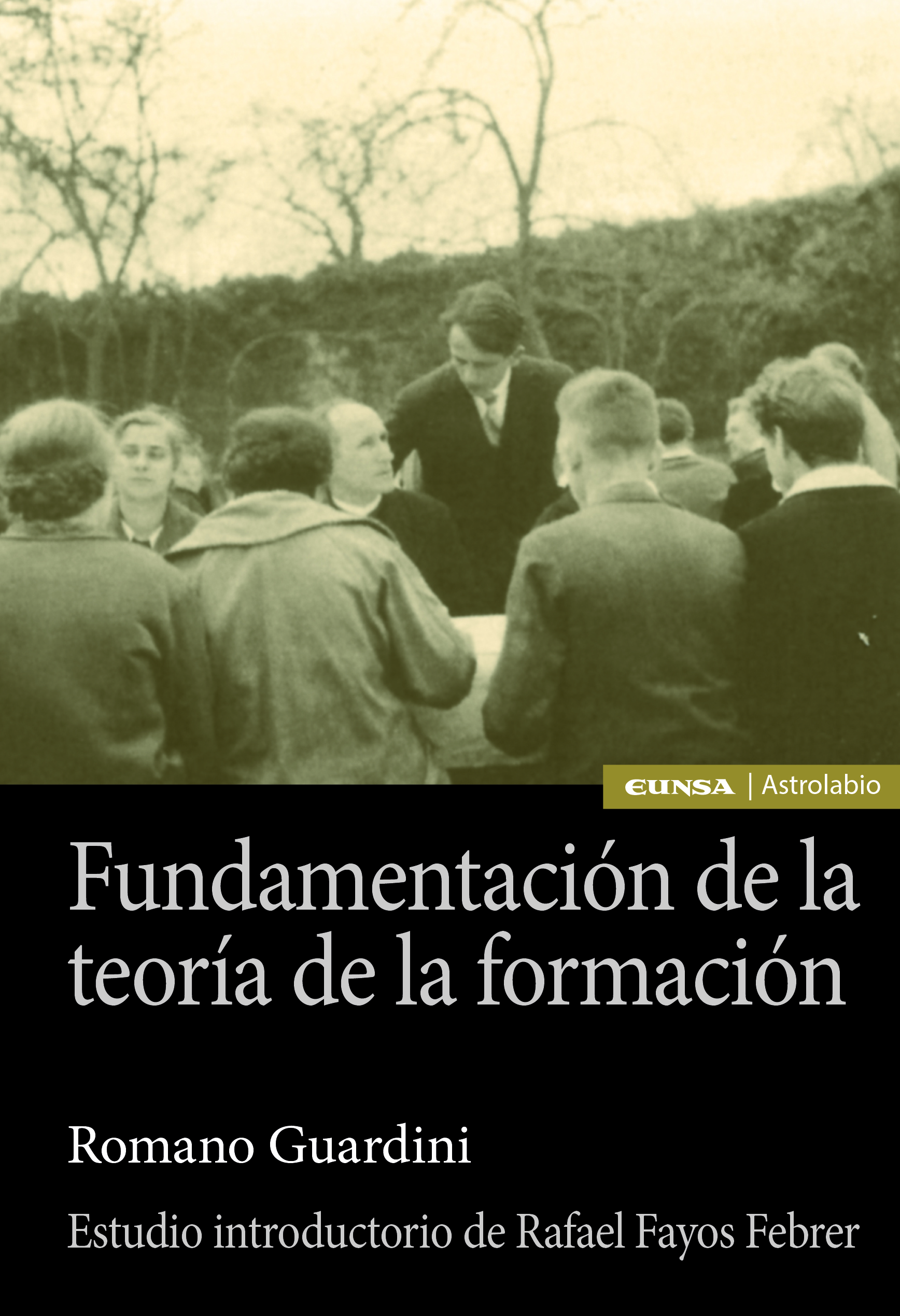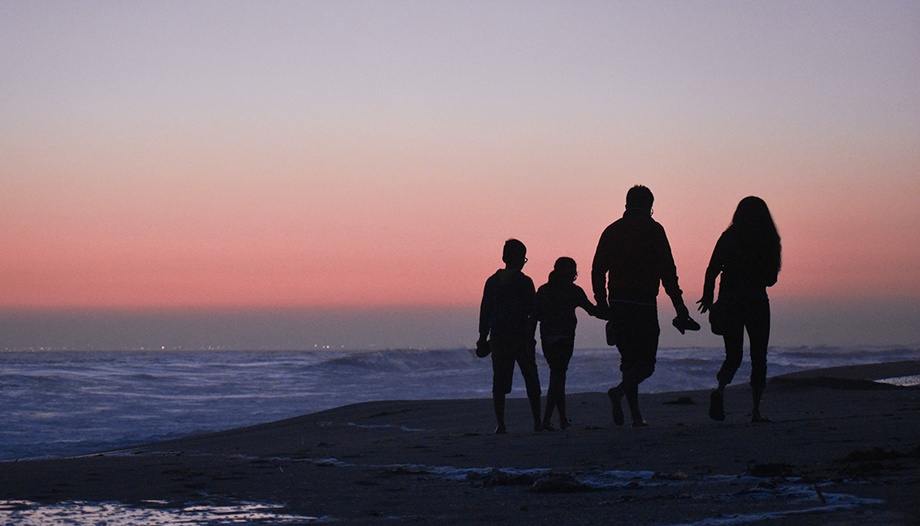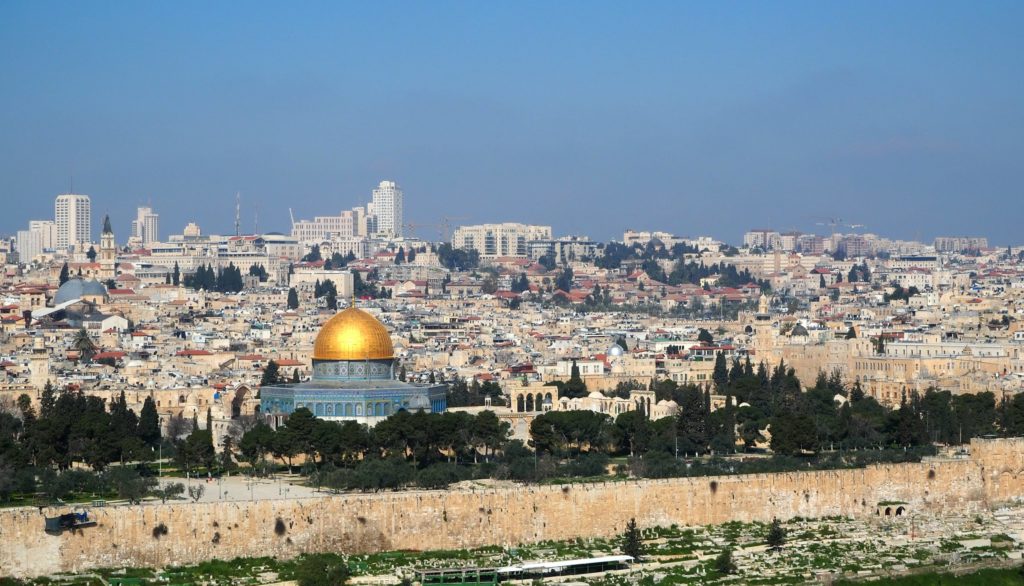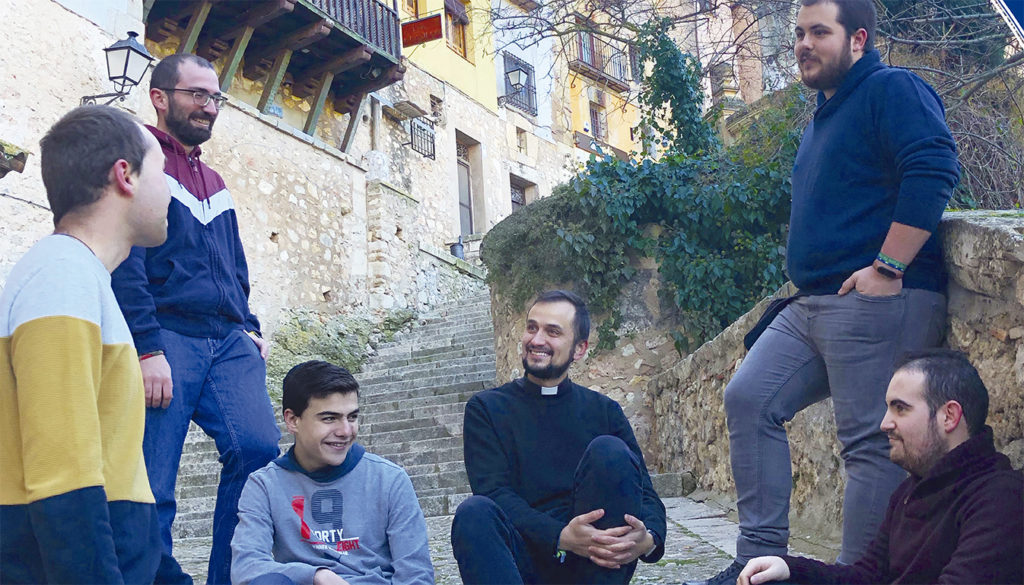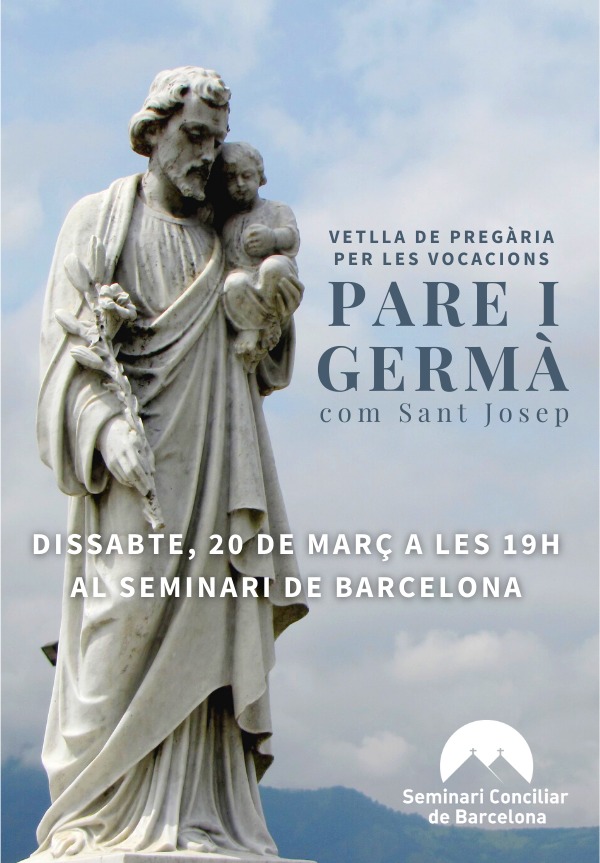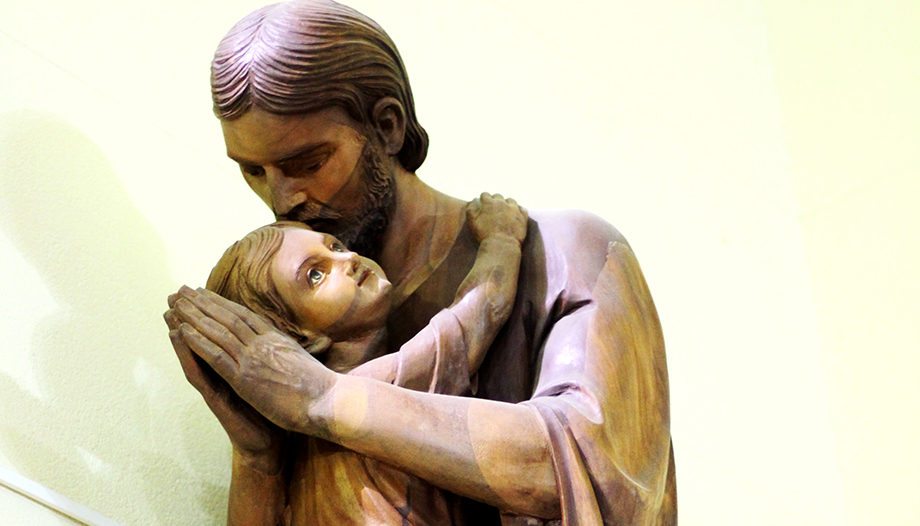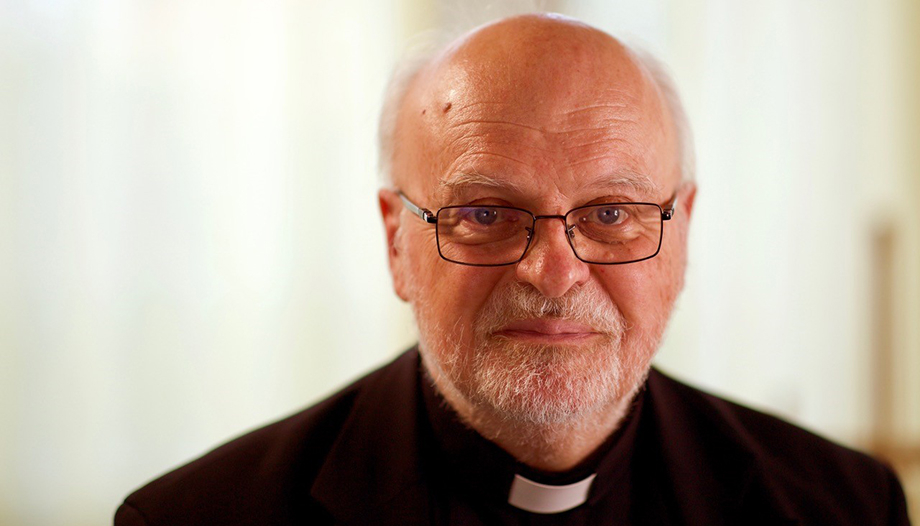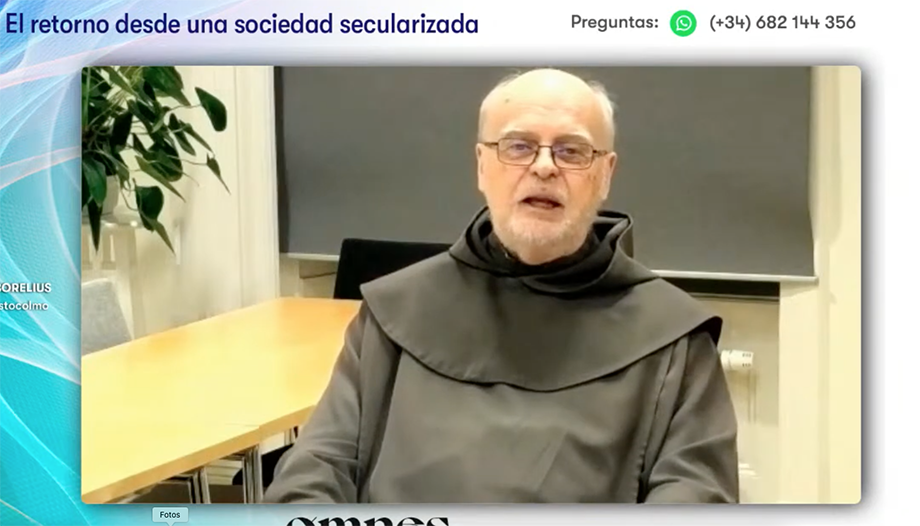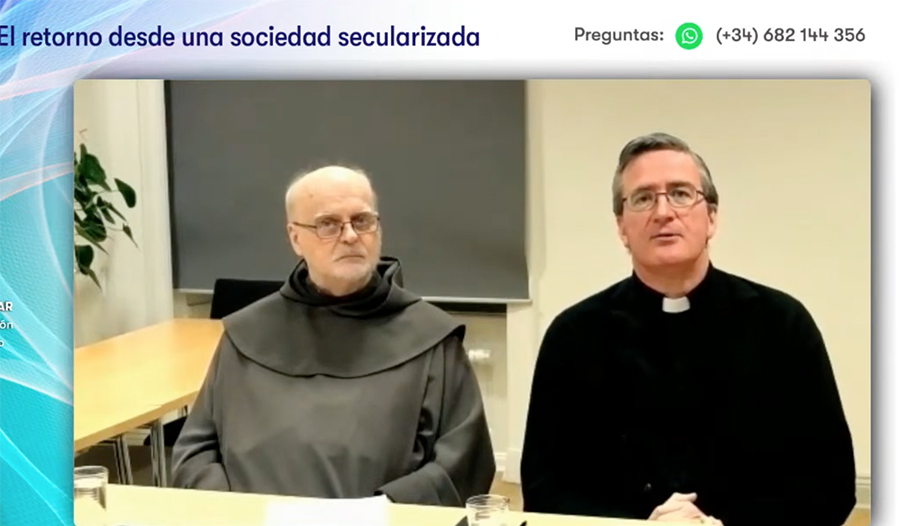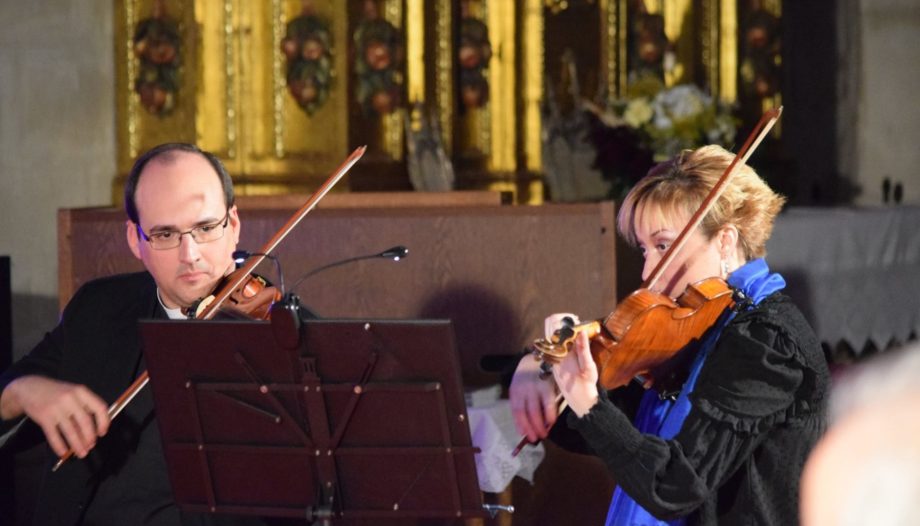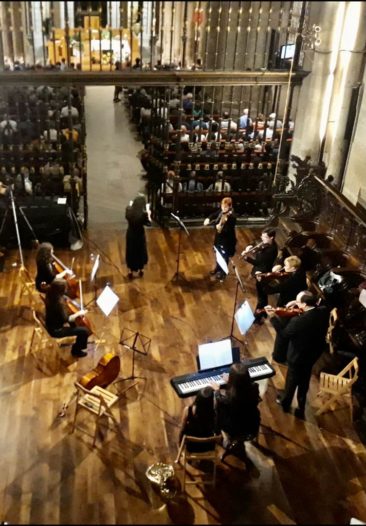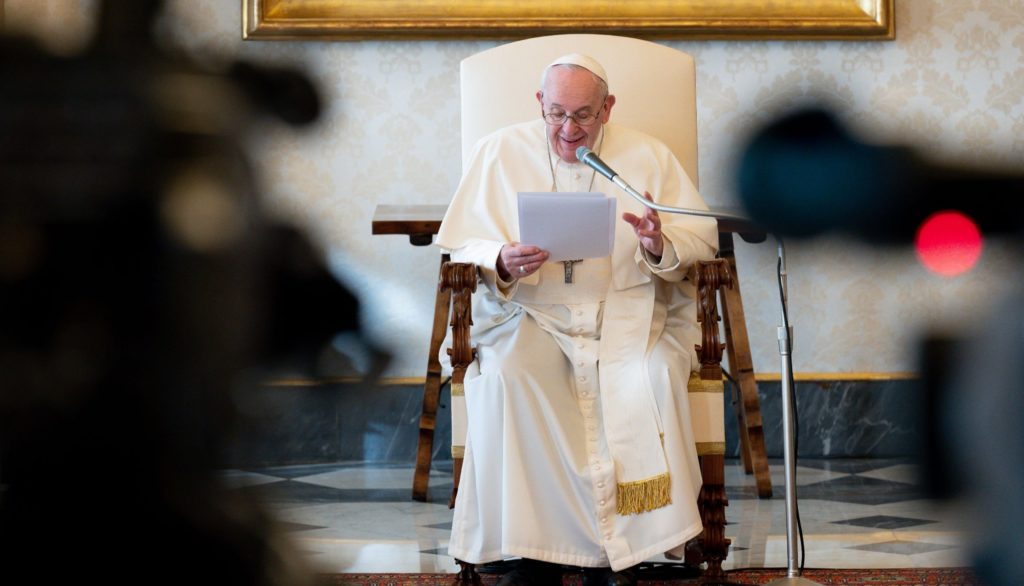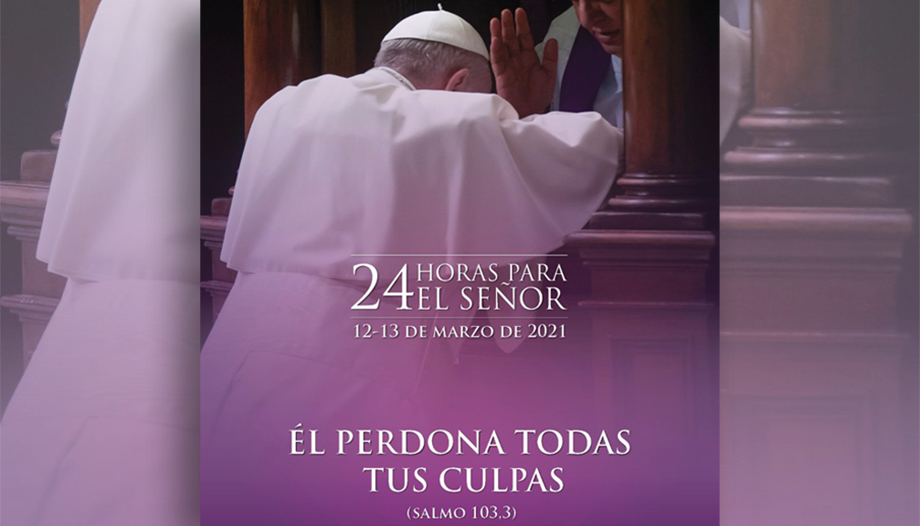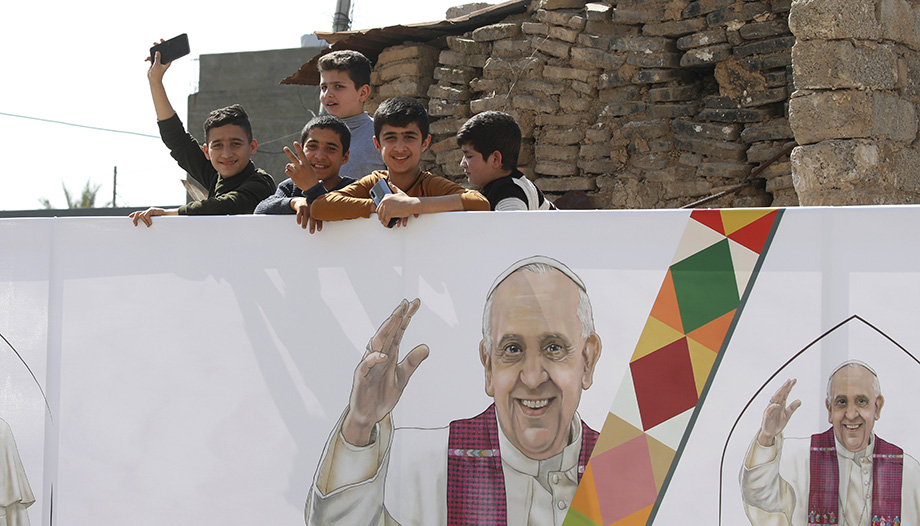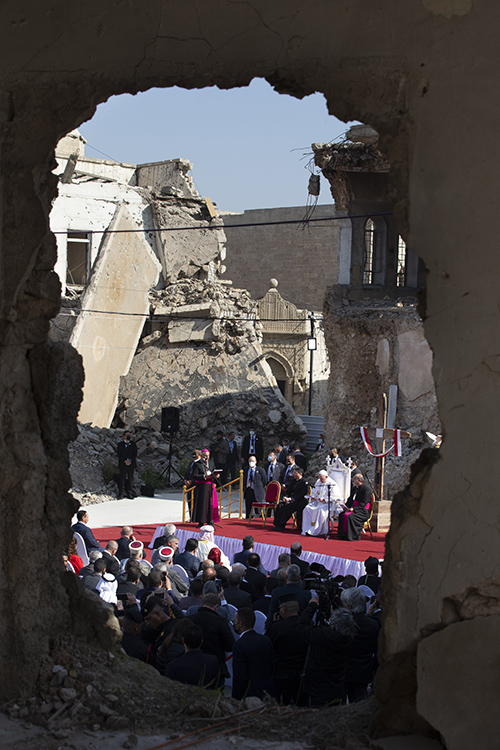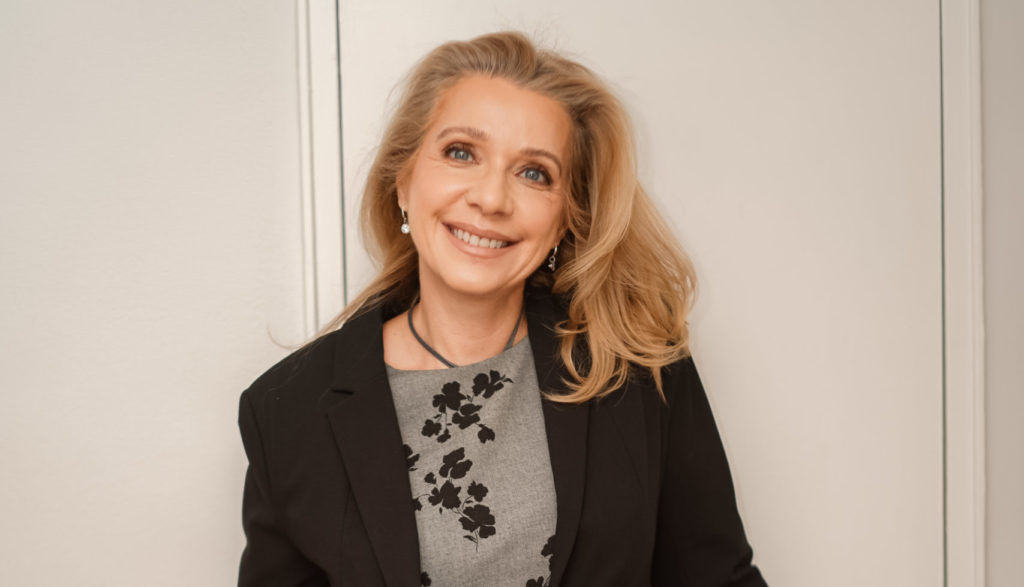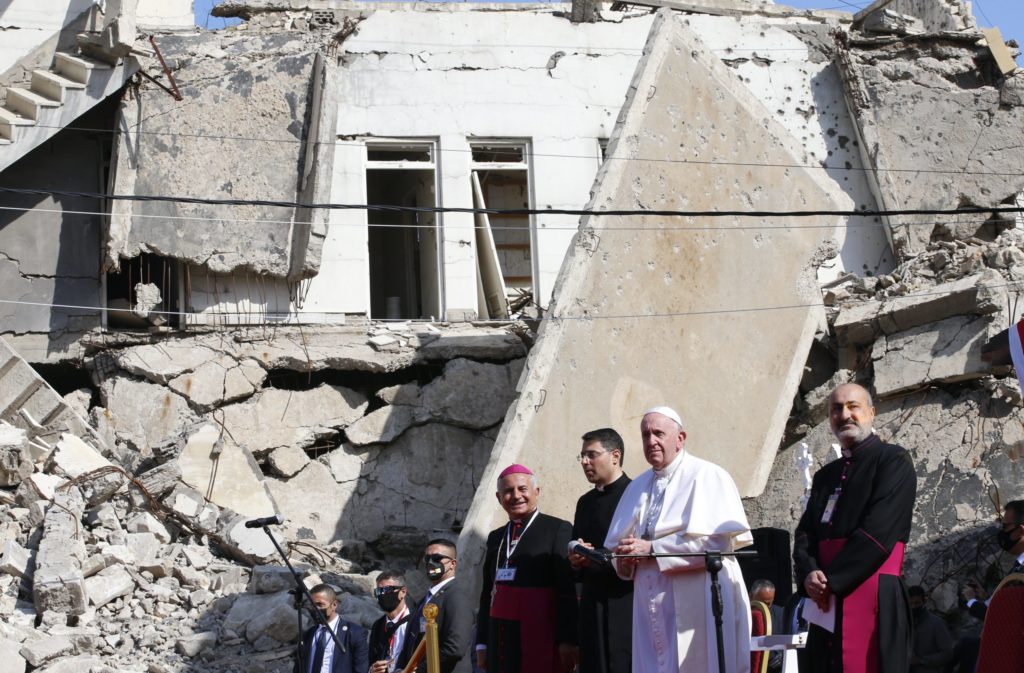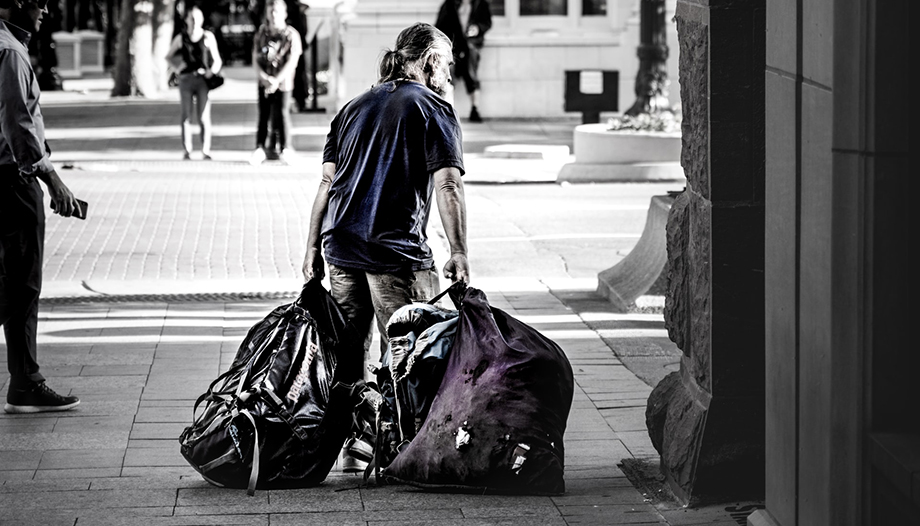The Holy Father made the invitation public at the Angelus on 27 December last year, the feast of the Holy Family: "Today's feast invites us precisely to the example of evangelizing with the family, presenting to us once again the ideal of conjugal and family love, as underlined in the Apostolic Exhortation '....Amoris Laetitiawhose fifth anniversary of promulgation will take place on March 19. And there will be a year of reflection on the 'Amoris Laetitia' and will be an opportunity to deepen the contents of the document."
Subsequently, the Pope made the proposal more concrete, and invited the whole Church to make this year, which will conclude with the 10th World Meeting of Families to be held in Rome on June 26, 2022, "a renewed and creative pastoral impulse to place the family at the center of the Church's and society's attention".
This is what he said at the Angelus last Sunday, March 14, in which he encouraged the faithful to pray, "so that every family may feel in its own home the living presence of the Holy Family of Nazareth, which fills our small domestic communities with sincere and generous love, a source of joy even in trials and difficulties".
As reported by omnesmag.com, among the objectives of this Special Year are: to make families the protagonists of family ministry; to make young people aware of the need to of the importance of formation in the truth of love and the gift of self, with initiatives dedicated to them; and tobroadening the outlook and action of the family ministry to become transversal, including spouses, children, young people, the elderly and situations of family fragility.
Two days ago, at the presentation press conference, the prefect of the Dicastery for the Laity, Family and Life, Cardinal Kevin J. Farrell, noted that "it is more timely than ever to dedicate an entire pastoral year to the Christian family, because presenting to the world God's plan for the family is a source of joy and hope; it is truly good news!"
"We have to take care of it" (Krakow).
The Exhortation Amoris Laetitia (The Joy of Love), was signed by Pope Francis in the middle of the Jubilee of Mercy, on March 19, 2016, the Solemnity of St. Joseph. Shortly thereafter, the Pope attended World Youth Day in Krakow (Poland), the homeland of St. John Paul II, following the WYD held in Brazil in 2013.
Their messages can be found on the official websites of the Holy See. Here are some significant anecdotes that may illustrate the call for this special Year.
It happened in the archbishopric of Krakow, shortly before the beginning of WYD. The Holy Father was on the balcony to greet a large group of young people. They told him that among them were several newlyweds and young spouses. And in the impromptu chat, he says to them:
"They tell me that there are many of you who understand Spanish, so I am going to speak in Spanish. So I am going to speak in Spanish (...) When I meet someone who is getting married, a young man who is getting married, a girl who is getting married, I tell them: "These are the ones who have courage! Because it is not easy to form a family. It is not easy to commit your life forever. You have to have courage. And I congratulate you, because you have courage".
The Holy Father was well aware of the high number of marriages that break up, even though they began the journey with promises of eternal love, and he continued:
"Sometimes people ask me how to make the family always go forward and overcome difficulties. I suggest that they always practice three words, which express three attitudes, because in married life there are difficulties: marriage is something so beautiful, so beautiful, that we have to take care of it, because it is forever. And the three words are: permission, thanks and forgiveness".
The Pope went on to explain the need not to get caught up in daily life, to foster a "feeling of gratitude", and to say to each other 'thank youHe stressed the importance of knowing how to recognize mistakes and apologize, "because asking for forgiveness does a lot of good. In conclusion, Francis reminded them that when they have problems or arguments, they should ask for forgiveness, "never end the day without making peace".
Encouraging families
In a video message for the 9th World Meeting of Families, which took place in Dublin in 2018, the Holy Father referred to the meaning of world meetings on the family, and the difficulties encountered by marriages and families today:
"As you know, the World Meeting is a celebration of the beauty of God's plan for the family; it is also an occasion for families from all over the world to meet and support each other in living their special vocation. Families today face many challenges in their efforts to embody faithful love, to grow children with healthy values and to be in the wider community, a leaven of kindness, love and mutual care. You know all this.
Later, he offered words of encouragement and hope, also for young people and grandparents: "I hope that this occasion can be a source of renewed encouragement for families from all parts of the world, especially those families who will be present in Dublin [this meeting] will remind us of the essential place of the family in the life of society and in building a better future for young people. [It will remind us of the essential place of the family in the life of society and in building a better future for young people. Young people are the future! It is very important to prepare young people for the future, to prepare them today, in the present, but with the roots of the past: young people and grandparents. It is very important.
In Dublin, also forgiveness
On the afternoon of August 25, in front of more than seventy thousand families gathered at the Croke Park Dublin, the Pope spoke of the Church as the family of God's children. "A family in which we rejoice with those who are joyful and we weep with those who suffer or are brought low by life. A family in which we care for each one, because God our Father has made us all his children in baptism."
And he referred to forgiveness and mercy: "I like to speak of the saints 'next door,' of all those ordinary people who reflect the presence of God in the life and history of the world. [...] The vocation to love and holiness", added the Pontiff, "is silently present in the hearts of all those families who offer love, forgiveness and mercy when they see it is needed, and do it silently, without sounding the trumpet."
Commenting on the testimonies of families from five continents, especially the testimony of forgiveness of Felicité, Isaac and Ghislain from Burkina Faso, Pope Francis noted that, "Forgiveness is a special gift from God that heals our wounds and brings us closer to others and to him. Small and simple gestures of forgiveness, renewed every day, are the foundation on which a solid Christian family life is built."
In this line, Cardinal Farrell, who was in Dublin with the Pope, said yesterday: "We begin this Year seeking to have towards families the attitude of paternity that we learn from St. Joseph, a paternity composed of welcome, strength, obedience and work. At the same time, let us try to be more and more a 'mother' Church for families, tender and attentive to their needs, capable of listening, but also courageous and always firm in the Holy Spirit".











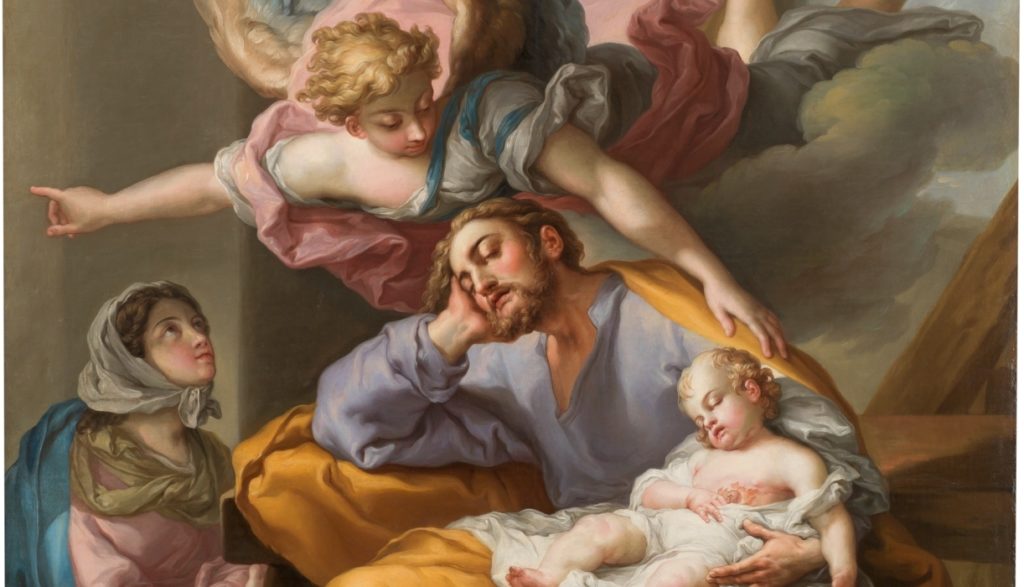
 Year of St. Joseph: good worker
Year of St. Joseph: good worker